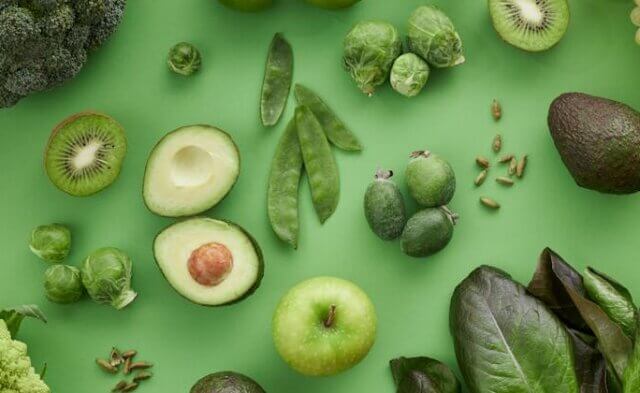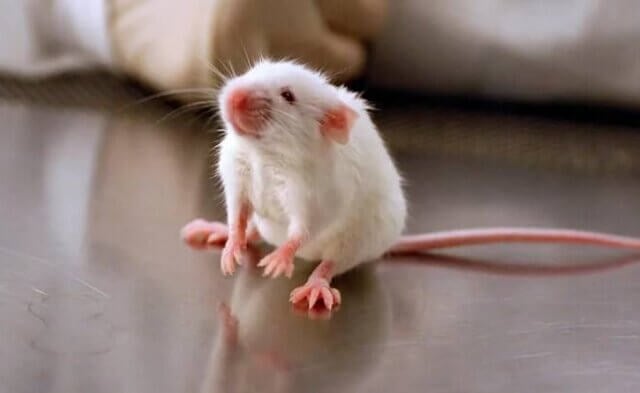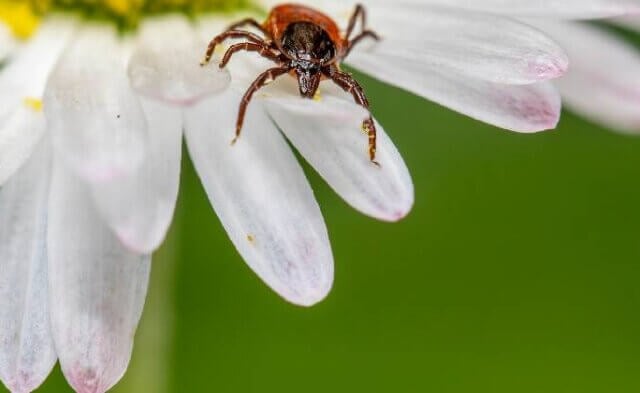 It’s October, which means that every shopping mall looks like the aftermath of a Pepto-Bismol hurricane. Finding a cure for breast cancer is a cause close to my heart—which is exactly why you’ll never see me in a pink T-shirt, pink sun visor, or socks replete with pink fuzzy balls. Now, before you go thinking that I don’t care about Breast Cancer Awareness Month, let me say that I lost the person I was closest to—my cherished grandmother—to the disease, and other women in my family have survived it.
It’s October, which means that every shopping mall looks like the aftermath of a Pepto-Bismol hurricane. Finding a cure for breast cancer is a cause close to my heart—which is exactly why you’ll never see me in a pink T-shirt, pink sun visor, or socks replete with pink fuzzy balls. Now, before you go thinking that I don’t care about Breast Cancer Awareness Month, let me say that I lost the person I was closest to—my cherished grandmother—to the disease, and other women in my family have survived it.
That’s why I refuse to give my money to companies that “pinkwash” or give a small donation to a breast-cancer charity so that they can slap a pink ribbon on their product and rake in plenty of money by trying to convince women that they are “shopping for the cure.” The actual donation that the company makes is often either a low preset amount or a miniscule percentage of the purchase price. Pinkwashing watchdog group Think Before You Pink maintains, “If shopping could cure breast cancer, it would be cured by now.”
But my big beef is this: Much of the money goes to fund archaic, cruel animal experiments that still haven’t produced a cure, even while cutting-edge non-animal testing methods are readily available.
So personally, I support only breast-cancer charities that don’t waste my money on animal experiments, and I do everything that I can to cut my own risk. Coincidentally, being kind to animals and cutting my cancer risk go hand in hand. During Breast Cancer Awareness Month, people are focusing on the experts’ recommendations for how women can best protect themselves, and those who are in the know seem to agree that going meat- and dairy-free is the way to do it, including the following experts:
1. The authors of The Breast Cancer Prevention Program maintain that to minimize risk, people should avoid consuming animal products that are contaminated with harmful carcinogens. Animals raised on factory farms are typically pumped full of growth-inducing hormones and veterinary drugs, and they ingest large amounts of pesticides. Additionally, after slaughter, chicken flesh is often treated with an arsenic-based additive. Thus, the authors suggest leaving beef, pork, veal, poultry, lamb, and other cuts of meat out of your diet.
2. Dr. Jane A. Plant, Ph.D., scientist and cancer survivor, agrees and feels that everyone needs to go one step further and remove dairy products from their diets. In her book, The No-Dairy Breast Cancer Prevention Program she says, “Undoubtedly, the best anti-cancer diet would be to go completely vegan (no meat, poultry or dairy products).”
3. Dr. Jaime Galvez Tan, author of Medicinal Fruits & Vegetables, keeps it simple: Color your plate. He says that fresh vegetables and fruits are full of antioxidants that fight the carcinogens that we encounter in our everyday environment. Additionally, many studies have concluded that the high fiber content of fruits and veggies also ward off cancer as well as help prevent chronic diseases, such as diabetes, obesity, and cardiovascular disease.
So this October, instead of stocking up on pink doohickeys, I invite you to join me in stocking up on a rainbow of healthy cancer-fighting plant-based foods.
PETA is a participant in the Amazon Services LLC Associates Program, an affiliate advertising program designed to provide a means for sites to earn advertising fees by advertising and linking to Amazon.com.




